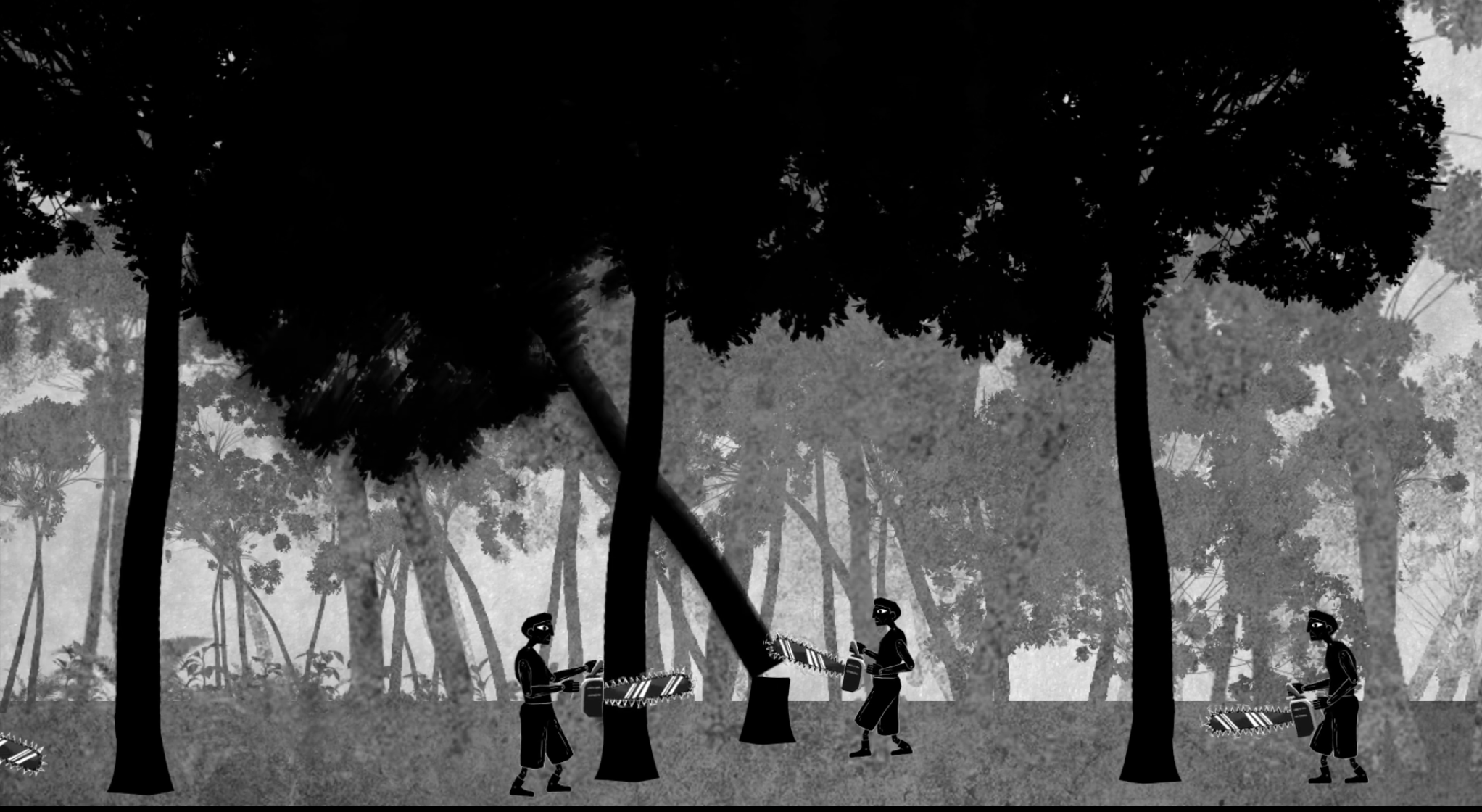
In November 2016, I attended the Singapore Eco Film Festival, hoping to catch ‘SHADOWS: Saving the Rainforest’, a contemporary animated short film produced by the Earth Observatory of Singapore. ‘SHADOWS’ is inspired by wayang kulit (Indonesian shadow puppet theatre), and uses magical realism to tell a story about preserving the world’s forests. The storyline is innovative and the animation, mesmerising. I was struck by how I could be moved by a film in which not a single word was uttered. This made me wonder: How effective is conventional scientific communication in shaping public perceptions of climate change?
While I was previously aware of the rampant deforestation central to many commercial industries, the facts and figures alone (or educational films like ‘An Inconvenient Truth’) had not engaged me as much as ‘SHADOWS’ did.
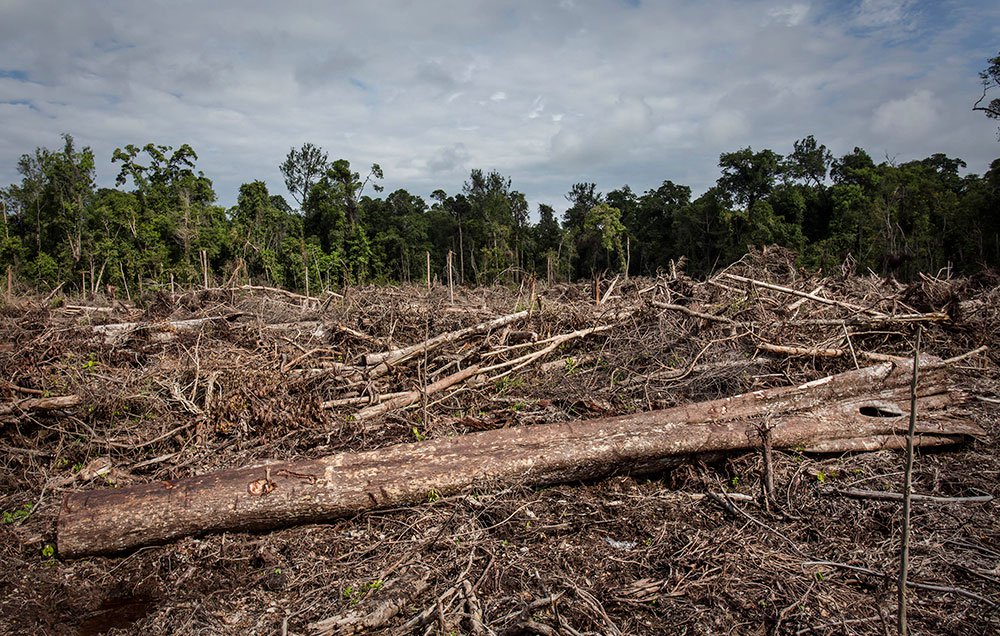
The Question
Climate change has been part of social consciousness since the late 20th century, when scientific findings about global warming became too alarming to be ignored. Public perceptions of climate change are widely studied, as they are significant for behavioural studies, public policy and ultimately, the fate of our planet. Scholars have investigated the role of scientific communication in shaping public opinion. Scientists intend to use scientific communication to inform the public about the realities of climate change, uncertainties, risks, and strategies.
But are we listening to scientific opinion on climate change?
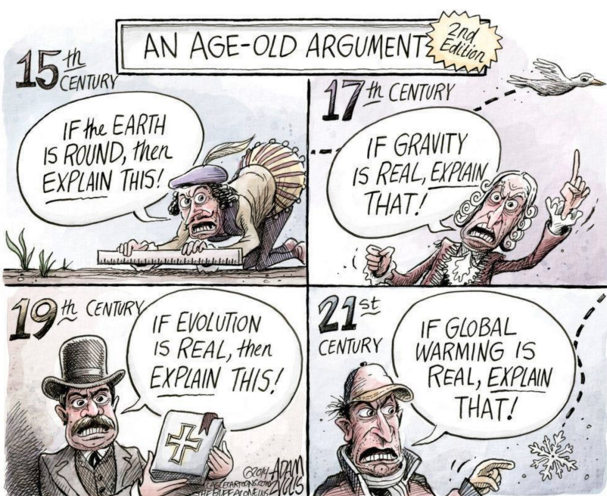
Communicating the Science and Uncertainties of Climate Change
There is often a great dissonance between the mode of communication that scientists use with one another, and the one that is most useful for lay people and policymakers. Scientists are so familiar with the technicalities of their area of expertise that they may find it challenging to communicate their research in a way that lay people can understand.
When climate science is presented in a way that overwhelms people, they are unable to relate to it and thus do not feel a need to respond, but are rather lulled into thinking they can be passive. I distinctly remember sitting in a class on climate change last semester scratching my head, wondering what to make of the facts and figures in the Intergovernmental Panel on Climate Change Fifth Assessment Report (IPCC AR5). The science felt inaccessible, and I did not understand the overall importance of what I was reading.
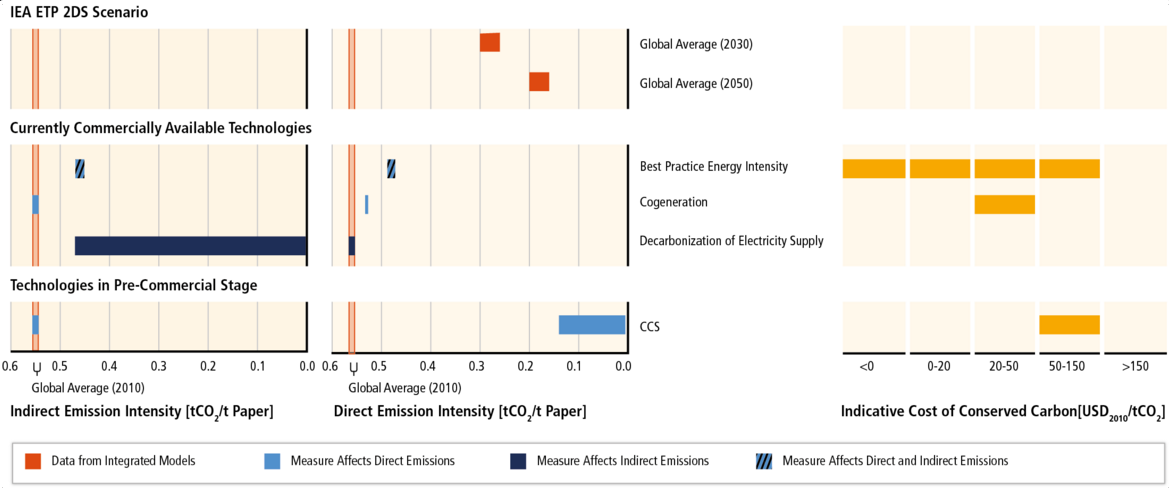
Strategies to Improve Scientific Communication
Although 97 percent of scientists agree about the urgency of acting on climate change, the public seem less convinced. Most people perceive climate change to be distant in space and time, affecting only vulnerable populations in the future. With limited public understanding, it is difficult to encourage individuals to take action, or to generate long-term public support for climate policies.
Climate scientists need to work closely with decision-makers, and experts of other disciplines in order to communicate the threat of climate change more successfully. By conducting empirical tests to determine the effectiveness of communication, tailoring communication to the needs of decision-makers, and increasing collaboration across disciplines, scientists can increase public engagement with climate change issues.
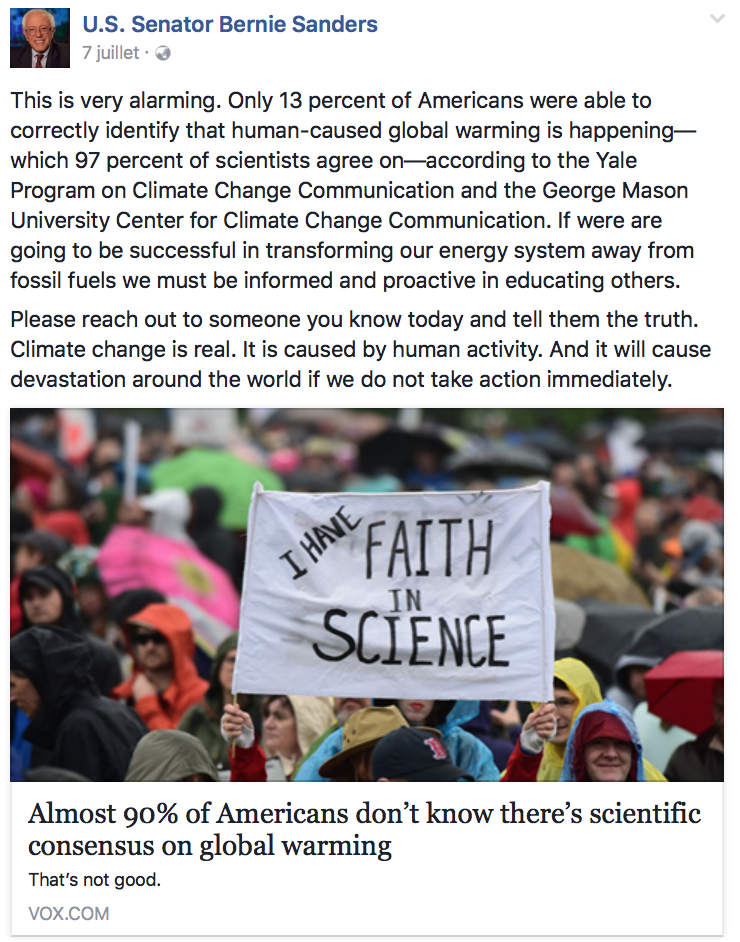
Other Factors at Play
Public apathy towards climate change is commonly attributed to a limited understanding of climate science. It is also important, however, to consider various psychological and social factors, which may cause even the most informed individuals to be indifferent towards, and or even in denial of, the realities of climate change. These factors include emotional reactions, which are crucial to rational thought and judgement. The emotions that people associate with climate change, as well as social values and worldviews that they hold, will all shape the way they perceive risk, and whether they support different climate policies.
As such, effective scientific communication needs to address how different people interpret information, and how to connect scientific subject matter to people’s values and priorities.
In a nutshell, feelings matter.
Climate change is a complex issue, which is challenging to communicate. Yet our understanding of it is crucial for the future of our world. It is thus imperative to improve the effectiveness of scientific communication in engaging with the general public. Simultaneously, climate change communication must engage the values that are dear to people in order to mobilise collective effort.